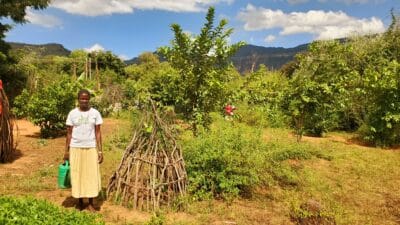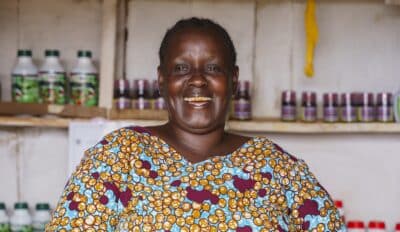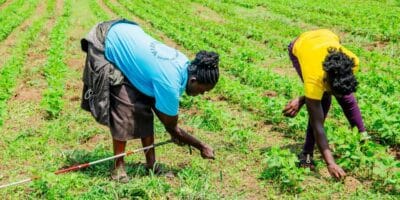Expert view
1 July 2016
Why we believe that aid to Africa works

 By Michelle Winthrop, Farm Africa’s Director of Programmes
By Michelle Winthrop, Farm Africa’s Director of Programmes
The recent UK vote to quit the EU has stimulated a lot of soul-searching about market access and what that means for prosperity. Wherever you are on the political spectrum, however, everyone agrees that having the right market access arrangements and incentives for doing business and creating jobs are crucial factors – even if we disagree sometimes about how to get there.
Here at Farm Africa, a charity dedicated to helping African farmers grow their incomes in an environmentally sustainable way, we believe passionately that Africa is no different. Too many commentators (and critics of aid) harbour and project perceptions of Africa that emphasise sources of uncertainty: conflict, political unrest, climate variability and volatile markets. These are often the same people who believe that aid doesn’t work, or you should only invest aid in ‘dead certs’, in other words initiatives that will guarantee a specific return on investment, such as malaria bed nets, which have been so successful at bringing down malaria rates.
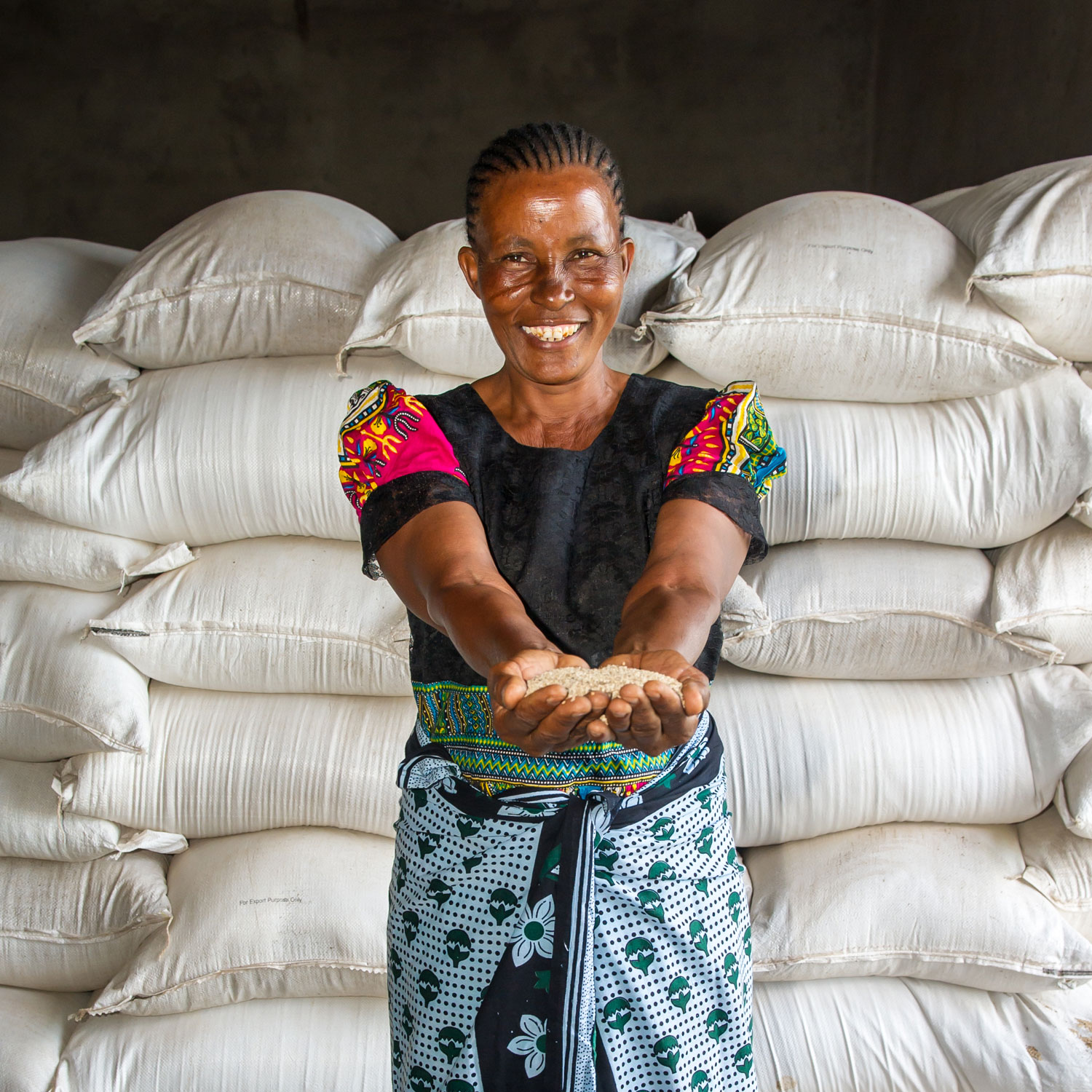 It’s true that agriculture, investment, and protection of vital ecosystems in many African countries can be complex – and at times tricky. But after 30 years of working in these areas, side by side with rural communities across eastern Africa, we are confident that at Farm Africa we have found many elements of the winning formula for transforming lives.
It’s true that agriculture, investment, and protection of vital ecosystems in many African countries can be complex – and at times tricky. But after 30 years of working in these areas, side by side with rural communities across eastern Africa, we are confident that at Farm Africa we have found many elements of the winning formula for transforming lives.
We know how to combine approaches, modern and more traditional, to build farmers’ knowledge and capacity. After undergoing intensive training in sesame growing and harvesting techniques via both traditional open-air demonstration plots and tablet computer training modules, the yields of sesame farmers we worked with in the Babati district of Tanzania quadrupled over three years, while their incomes rose by between 50 and 100%.
We know how important community ownership and incentives are in protecting vital ecosystems. Our participatory forest management approach, which promotes forest-friendly businesses such as wild coffee harvesting and honey production, cut deforestation rates by more than 80% over three years in the Bale Mountains of Ethiopia.
And we know that empowering women can really bring about prosperity. A Farm Africa project in the Oromia and SNNP regions of Ethiopia that lent livestock to women, helped them access credit through Village Savings and Loans Associations, and raised awareness of women’s legal rights, led to increases in both women’s abilities to generate income and savings, and their decision-making powers.
in the Oromia and SNNP regions of Ethiopia that lent livestock to women, helped them access credit through Village Savings and Loans Associations, and raised awareness of women’s legal rights, led to increases in both women’s abilities to generate income and savings, and their decision-making powers.
More importantly, we’re learning more and more about how we can help small agribusinesses to overcome some key market challenges and unlock exciting opportunities, bringing more markets to farmers. In the first two years of Farm Africa’s Aqua Shops project that helped entrepreneurs to set up businesses selling high-quality aquaculture inputs, the yields of fish farmers accessing the shops increased by up to 215% and their incomes rose by over 50%.
It’s not that hard, frankly. Our first Annual Impact Report, which includes detailed case studies on each of these examples, outlines how Farm Africa’s investment in sustainable development is reaping dividends for rural communities across eastern Africa. It’s proof that aid really works.
We at Farm Africa believe that eventually Africa can evolve from aid, and it is the right kind of investment that can really unlock its true potential.
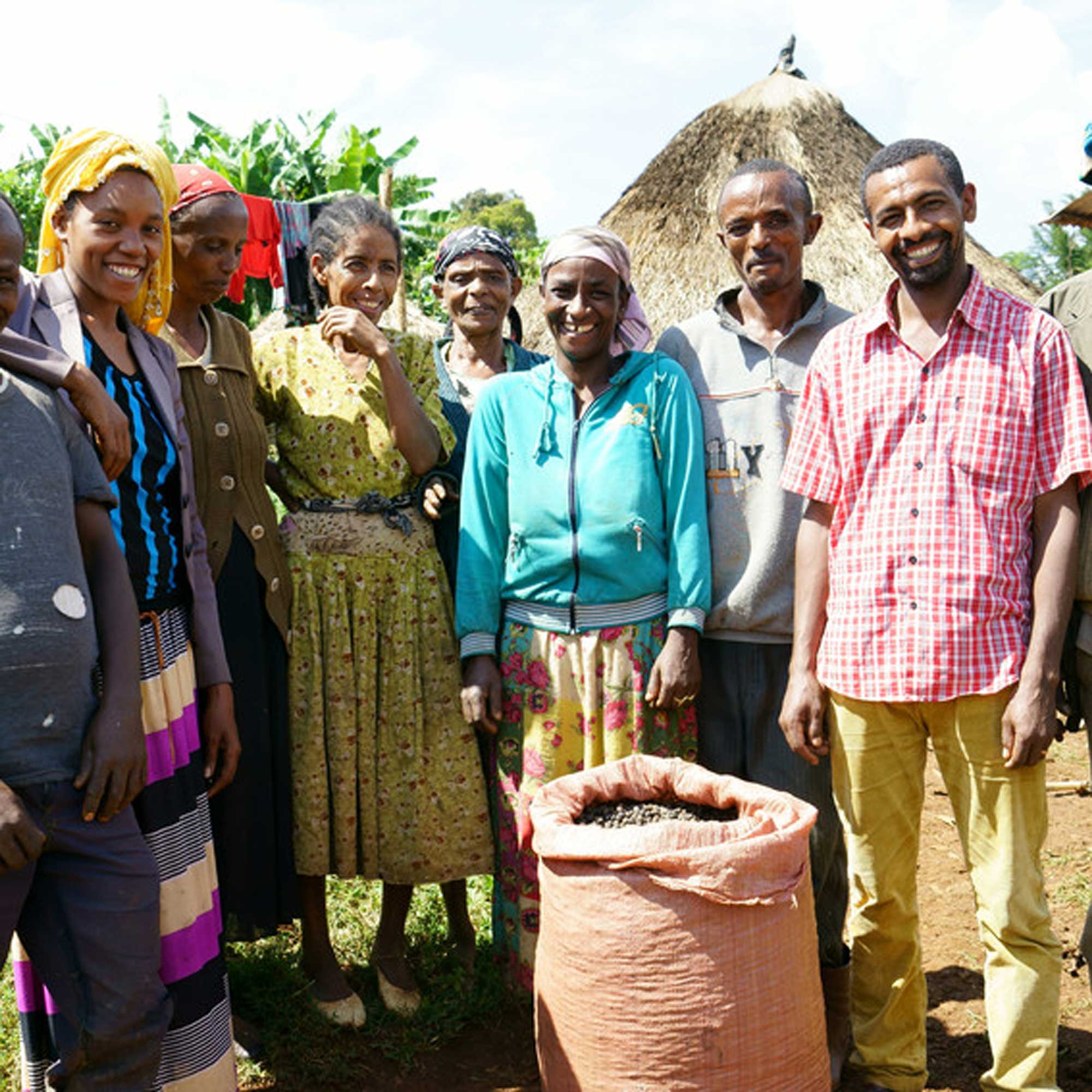 We are committed to projecting an image of Africa that is positive, progressive, and has the capacity for transformational change – and we hope that our new impact report goes some way to dispelling the myths of the ‘dark continent’.
We are committed to projecting an image of Africa that is positive, progressive, and has the capacity for transformational change – and we hope that our new impact report goes some way to dispelling the myths of the ‘dark continent’.
With the right kind of support, attention to protection of the environment, and investment that can really reach out and touch people’s lives for the better, we are confident that the UN’s Sustainable Development Goals can be delivered – all of them – in some of the most intractable locations.
We do hope you enjoy reading our whistlestop tour of the best of 2015. We would love to hear your feedback and questions. And if you agree that Africa represents promise and future prosperity rather than need and misery, we’d also love to hear from you. Join us on Facebook and Twitter and tell us why you believe in a prosperous rural Africa.
